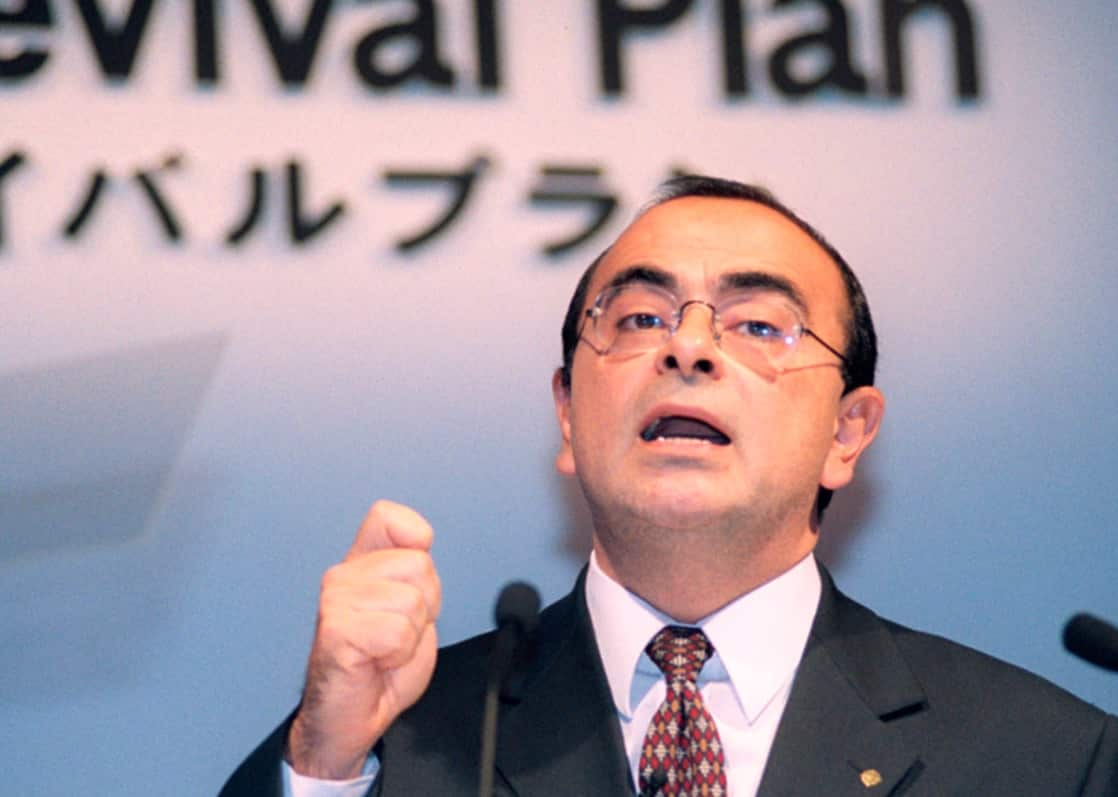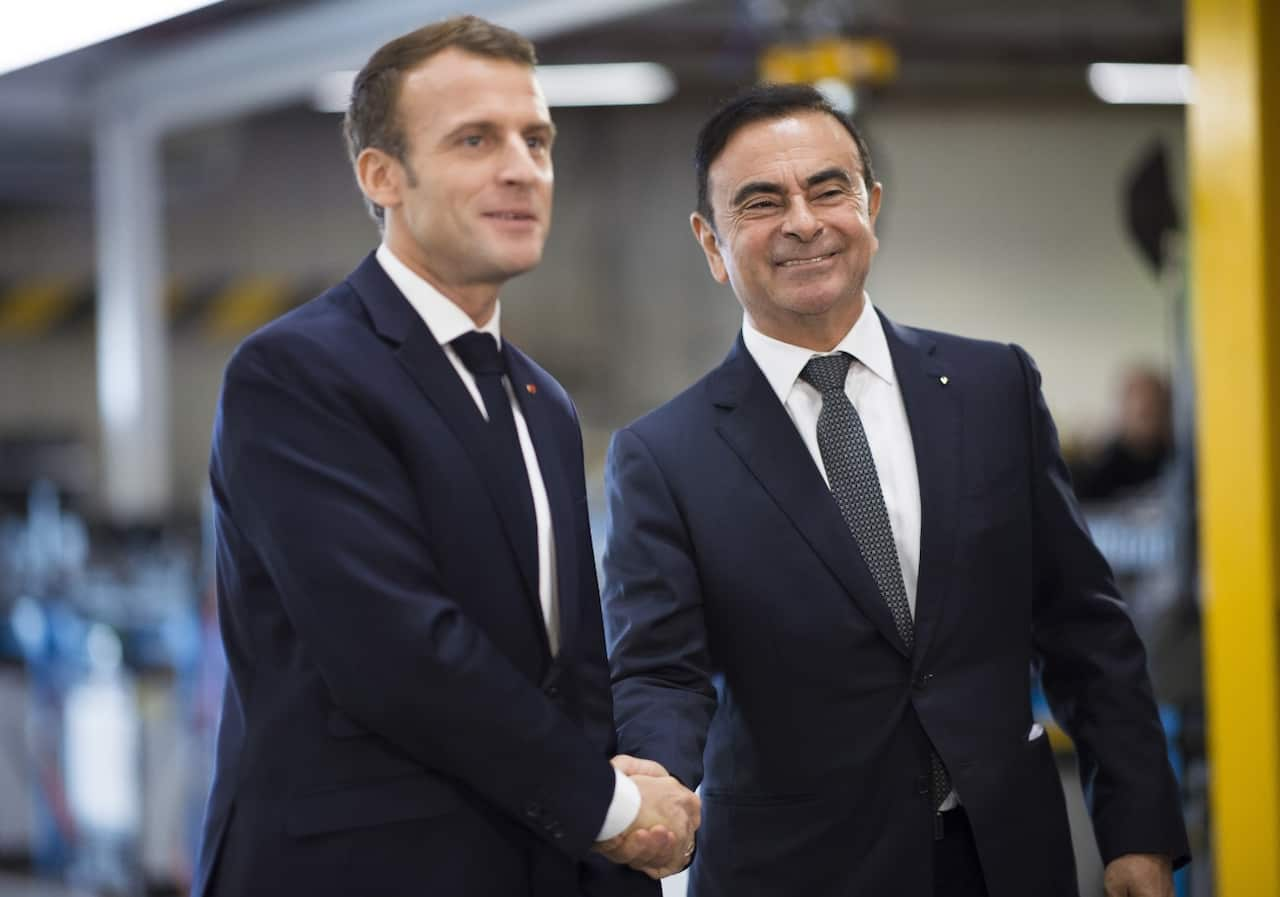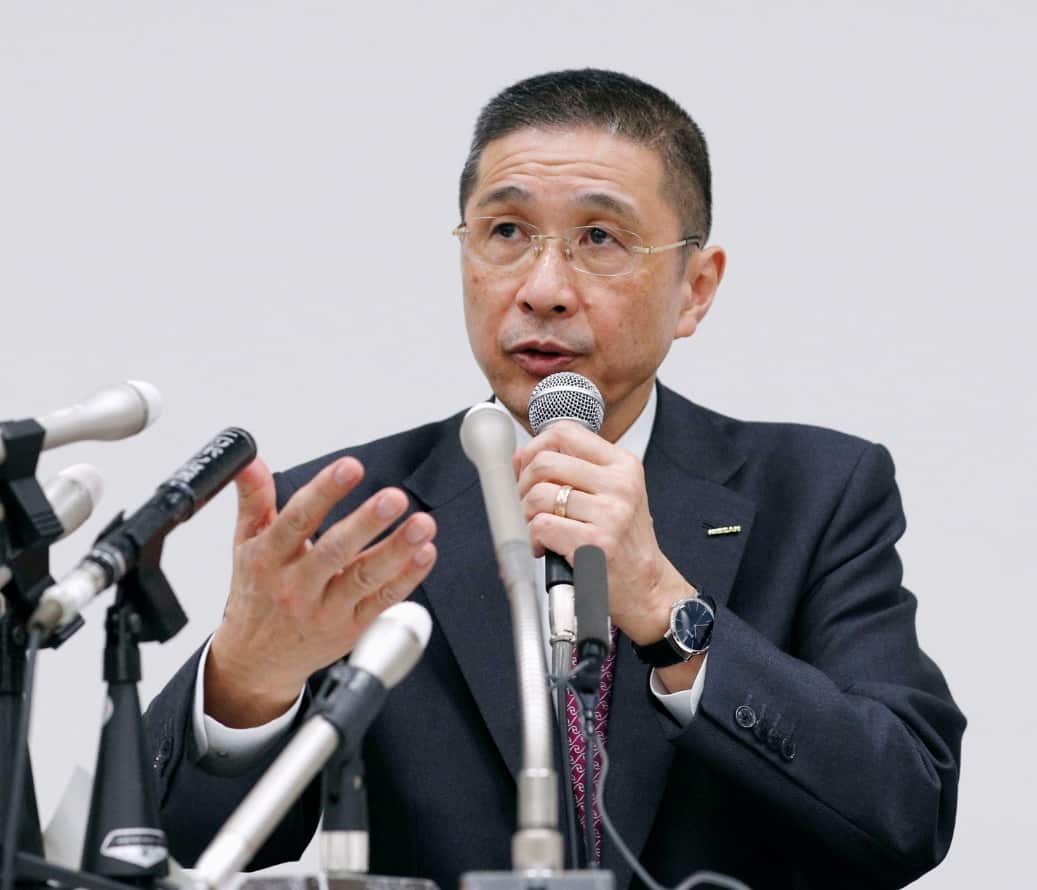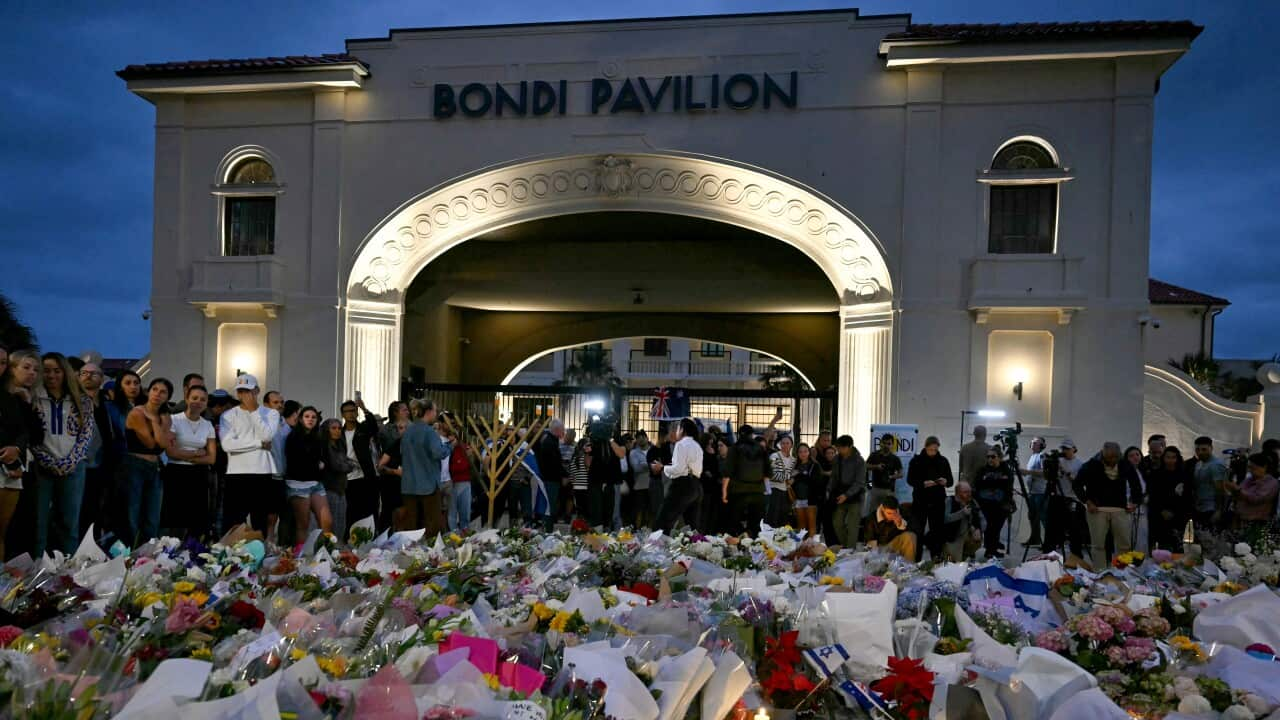Nissan Chairman Carlos Ghosn, who became one of the auto industry's most powerful executives by engineering a turnaround at the Japanese manufacturer, was arrested on Monday and will be fired for allegedly underreporting his income and misusing company funds, the automaker said.
As head of the Renault-Nissan-Mitsubishi alliance, Ghosn created an industrial behemoth, its combined 470,000 employees selling 10.6 million vehicles last year from 122 factories around the globe.
Born in Brazil in 1954, Mr Ghosn holds three passports; French, Brazilian and Lebanese.

However, during an interview with SBS Arabic24 in 2017, Mr Ghosn said he identified as Lebanese.
"Both my parents are Lebanese," he said. "My dad was born in Brazil and my Mum was born in Nigeria.
"My commitment and relations to Lebanon are still strong, I go to Beirut once or twice a year and I still have family and friends there.”
His investments in Lebanon were not in only automotive but in a winery. He said it was a way to give back to the country.
“This is my way of helping Lebanon through investment, creating job opportunities for Lebanese youth and stimulating the Lebanese economy," he said.
He moved back to Lebanon at the age of six and studied there until high school. He then moved to France to study at the prestigious École Polytechnique institution and graduated in 1974. He went on to obtain a degree in mining in 1978.

Long nicknamed "Le Cost Killer" in France, Mr Ghosn began his career with the tyre-maker Michelin and was quickly promoted and earned a reputation for turning around its North American operations.
From there, he was recruited by Renault in 1996 to work alongside then CEO Louis Schweitzer, where he helped return the company to profitability by making the former state-owned carmaker leaner and more efficient.
Just three years later, he was sent to head the newly acquired Nissan group with the challenge of doing the same thing within two years. He managed it within one.
“In 1999, Nissan was facing a big cash crunch, their debt was $20 billion and their car sales were 2.2 Million cars,” he said.
“The company’s problems were known, but no one dared to make decisions that are not very well accepted by society. As an outsider, I managed to put together a plan to save the company and we took decisions that we didn’t like but we had to take.”

During his reforms, he closed a number of plants, dismissed around 21,000 employees and made English the official language of the company.
He said that he took the decisions that "no one wanted to take back in 1999".
“In business, the most important thing is your scorecard, if your results are good then everything you do is good. We continued to give good results for 17 years in a row," he said.
"After these years everyone acknowledged that what we do is the solution the company needs.”
This wasn’t the first time Mr Ghosn called for radical reforms; In 1996 he joined forces with the head of Renault to flip the fortunes of the company.
Among his first decisions were to close the company’s plant in Belgium, dismiss 3300 employees and reduce the government share. The company quickly rebounded and began making a profit.
Mr Ghosn played a vital role in forming the alliance between Nissan and Renault in 1999, Mitsubishi later joined in 2016. In 2018, this alliance produce one in every nine cars on Earth.




